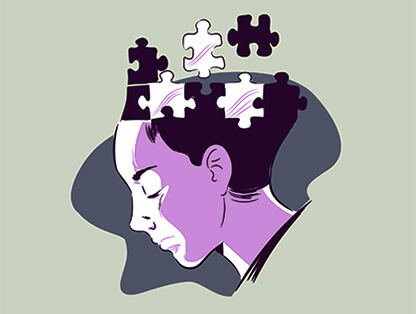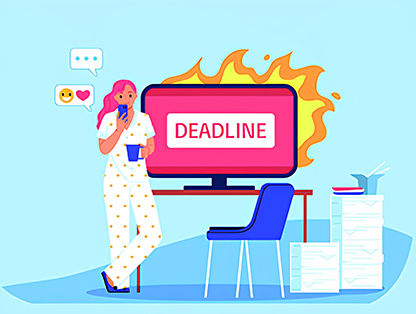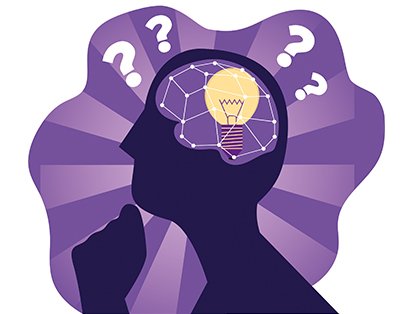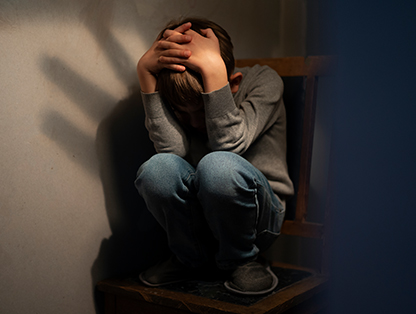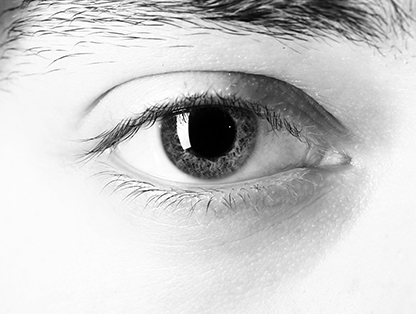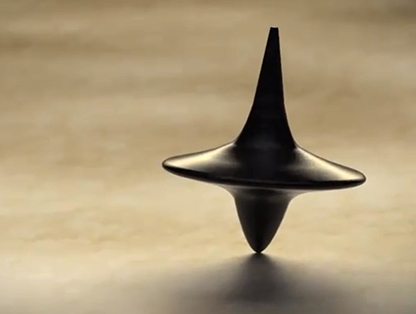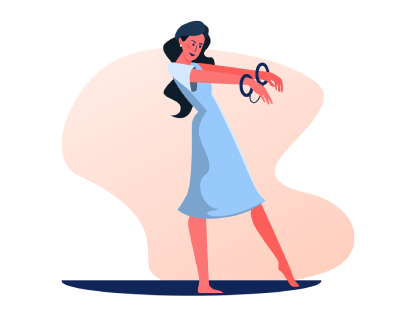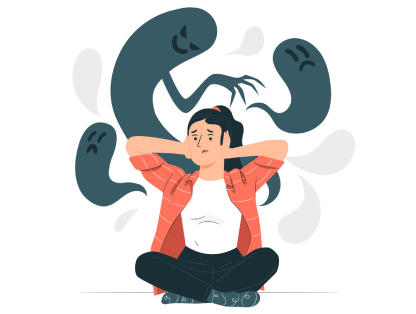What is bipolar disorder?
Many people think that bipolar disorder is a fancy name for being overly emotional and having trouble controlling themselves. But it is not. In fact, bipolar disorder is a serious mental disorder that has a significant negative impact on a person’s daily life, health, and behavior.
Could I have bipolar disorder?
Bipolar disorder does involve mood swings, but it is not just emotionality. These mood swings are extreme - the mood changes from extreme highs of euphoria to lows of depression. These mood swings can occur even within a short period of time. Naturally, this makes it very difficult to communicate with others, study, work, and perform other responsibilities. When a person with bipolar disorder is in a high mood phase, they may feel very happy and energetic, and in a low mood phase, they may feel sad and hopeless. And these phases can change very often.
This is not an uncommon disorder, so theoretically, of course, you have a chance of getting a diagnosis. However, this diagnosis should be made by a qualified professional. As an initial step to checking the severity of your symptoms, we suggest taking this test.
Bipolar Disorder Test
The test is based on the recognized symptoms described in the DSM-5. If you suspect that you or someone you love may have bipolar disorder, taking this online test can be a useful first step.
The test is simple and completely free, and takes most people only a few minutes to complete. You will be asked a series of questions about your mood, energy level, sleep habits, and other symptoms common to bipolar disorder. Based on your answers, you will receive an instant result that will indicate the severity of your symptoms and the likelihood of this disorder.

